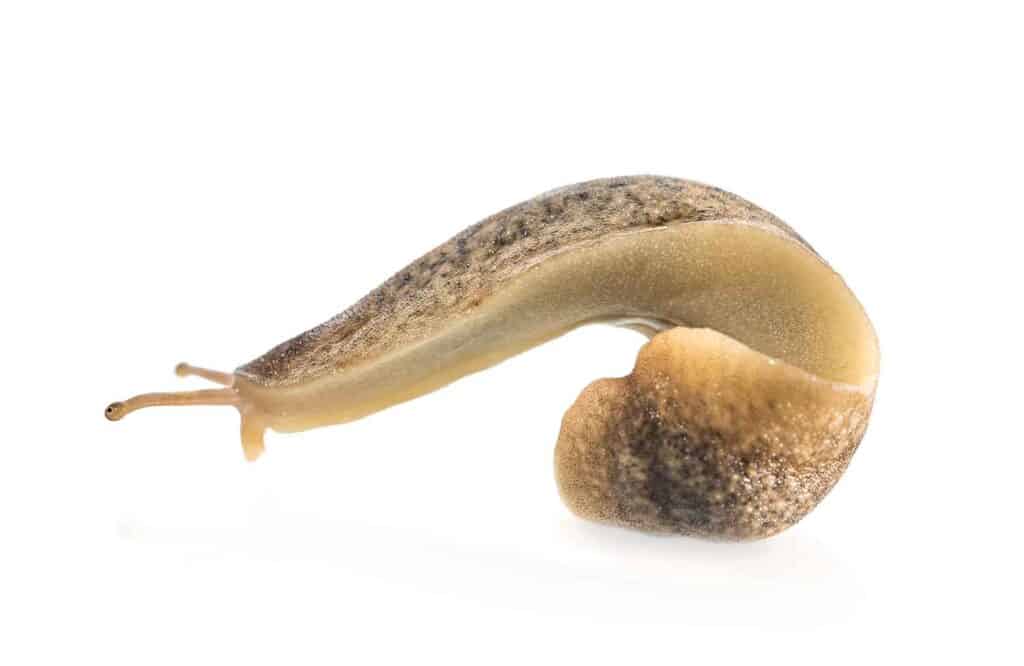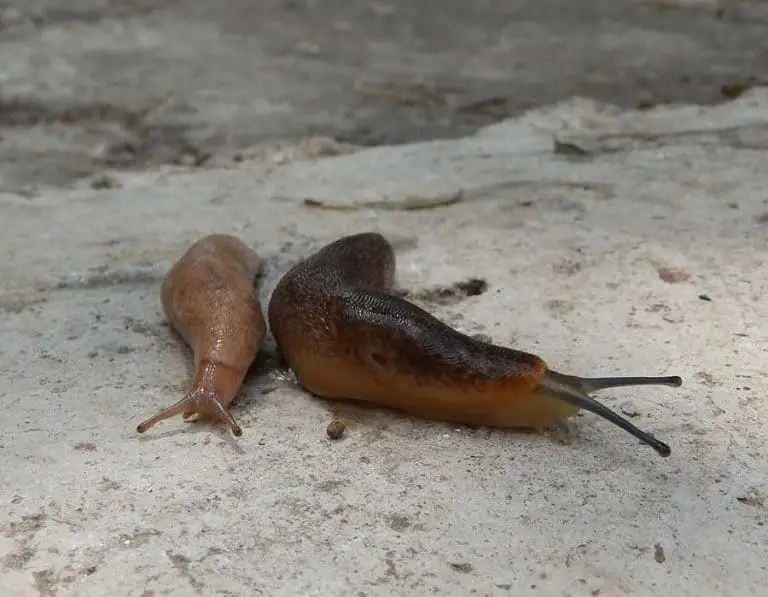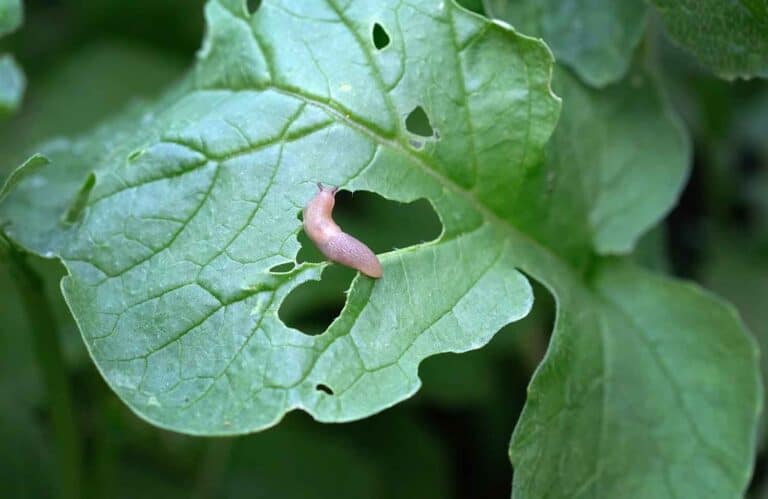Can Slugs Swim?
Slugs are fascinating creatures, and you may spot some around a pond or water feature in your garden. Have you ever wondered if slugs can swim?
You may not be surprised to hear that land-dwelling slugs are unable to swim. Sea slugs, on the other hand, dwell in aquatic environments and therefore can move through water with ease.
Garden slugs are not swimmers and will not last long in water. If they come into contact with standing water, their bodies become bloated and heavy, making them unable to move through the water.
Do Slugs Have Swimming Abilities?
The answer is no. Garden slugs do not have the necessary body parts for swimming and instead rely on their slimy trails to move through wet environments. The slime helps them stick to surfaces and keep moving over wet surfaces.

Sea slugs have adapted to aquatic environments, and some species can move through the water by jet propulsion. This technique uses a mantle cavity filled with water which is pushed out in quick bursts to propel the slug forward. Sea slugs also have special adaptations like fins or flaps on their bodies that help them move in water.
Garden slugs cannot swim, despite a widespread myth to the contrary. Slugs are unable to breathe underwater because they lack gills.
Can Slugs Drown?
Slugs are incapable of swimming, yet they can endure brief submersion in water. But if a slug stays in the water for too long, it will eventually drown.
Beer traps are used by gardeners to drown slugs because the smell and moisture draw them in.
Many slugs have been discovered in these traps this year. Fortunately, if they don’t stay underwater for too long, slugs can float to the beer trap’s floor and crawl out.
Have Slugs Got Gills?
Slugs do not possess gills, hence they are unable to breathe underwater. Slugs obtain their oxygen from the atmosphere as well as the moist soil.
They are drawn to moist and damp sections of your yard because of this. Because slugs must be submerged in water to drown, beer traps are effective because the slugs are drawn to the smell and dampness and drown there. However, if the slug can’t get out, it will finally drown.
Can a Slug Breath Under Water?
Slugs cannot breathe underwater because they lack gills. To take in oxygen, they rely on the water’s surface. Slugs can drown if they are entirely submerged in water and have no way to escape. By being aware of this, you can murder them without feeling bad about it.
Having birds in your garden is an excellent strategy to deter slugs because they are drawn to the wet, green regions.
Have Slugs Got Shells?
Slugs lack the protective shells that certain snails have to guard against predators. Instead, they are shielded from heat, cold, and drying out by a thick layer of mucus.
In order to make their slime taste unpleasant to predators, slugs can also produce chemicals. The slug’s ability to travel through its surroundings is aided by its slimy skin.
How Do Slugs Move?
Slug movement is among the most fascinating aspects of them. They are incapable of swimming, but they do not need to.
Slugs move in a distinctive manner known as “slime propulsion.”
This implies that they lubricate their movement with their slimy mucus. They can travel more quickly because of the lubricating and adhesion-promoting properties of the mucus.
They may move very quickly; one species of slug has been observed pursuing prey at 6.4 inches per minute. Consequently, slugs don’t require the ability to swim in order to move about rapidly and effectively.
Can Slugs Travel on Water?
In some circumstances, smaller slugs can travel on the surface of water because they are lightweight and their mucus contains a surfactant, which reduces the surface tension of water.
This allows them to float and move across the top of the water without sinking. Even so, they cannot last long in water due to their lack of gills and will eventually drown.
It would be wise to look for the signs of slugs in water-prone areas and take appropriate action to prevent them from entering your garden. Slugs are most common in wet and damp places, so keeping these areas dry will help you keep them out of your yard.
Slugs Living Near Water
Slugs are often seen in and around water sources, such as rivers and streams. Slugs survive in these moist environments because they can find food, moisture, and a safe place to hide from predators such as frogs.
It has been discovered that slugs living near freshwater sources have different levels of metal pollutants compared to those located away from the water. This is due to the fact that slugs absorb metals from the water and use them as a defense mechanism.

In addition, if there are no predators present, slugs can thrive in large numbers near bodies of water.
In conclusion, slugs can survive near water sources but may not be able to swim for very long. They rely on mucus, slime propulsion and the ability to float on water in order to move around. Additionally, slugs absorb metals from freshwater sources as a means of protection against predators. Therefore, it is essential to keep areas near bodies of water dry and free from slugs.






